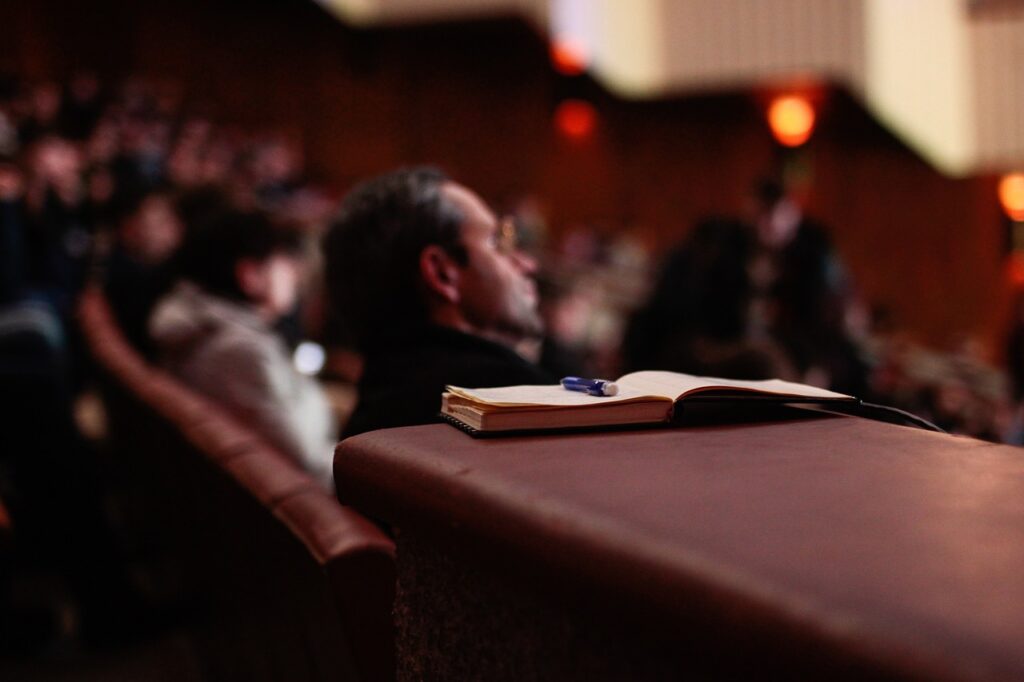“Increase of knowledge only discovered to me more clearly what a wretched outcast I was”, the creature in Frankenstein utters, summarizing one of the core themes in Mary Shelley’s novel. The meaning is inescapable for the hapless being: Knowledge is not always desired. The question is whether that could apply to us all and why.
Let me confess it right away: Knowledge is something I am nearly obsessed about. That is, I feel very stressed if I don’t know something, and much calmer if I do, even if it’s knowledge of something unpleasant. If someone asked me “There’s good news and bad news, do you prefer…” I’d interrupt them with “Oh, spit it out all together already!”
However, I also have enough life experience (a milder way of saying I’m becoming a grumpy old man) to know that this approach doesn’t necessarily apply to others. People like self-deception.
The truth is, we intuitively might think knowledge is always desired, we might even affirm so if asked, but things are more complex than that.


